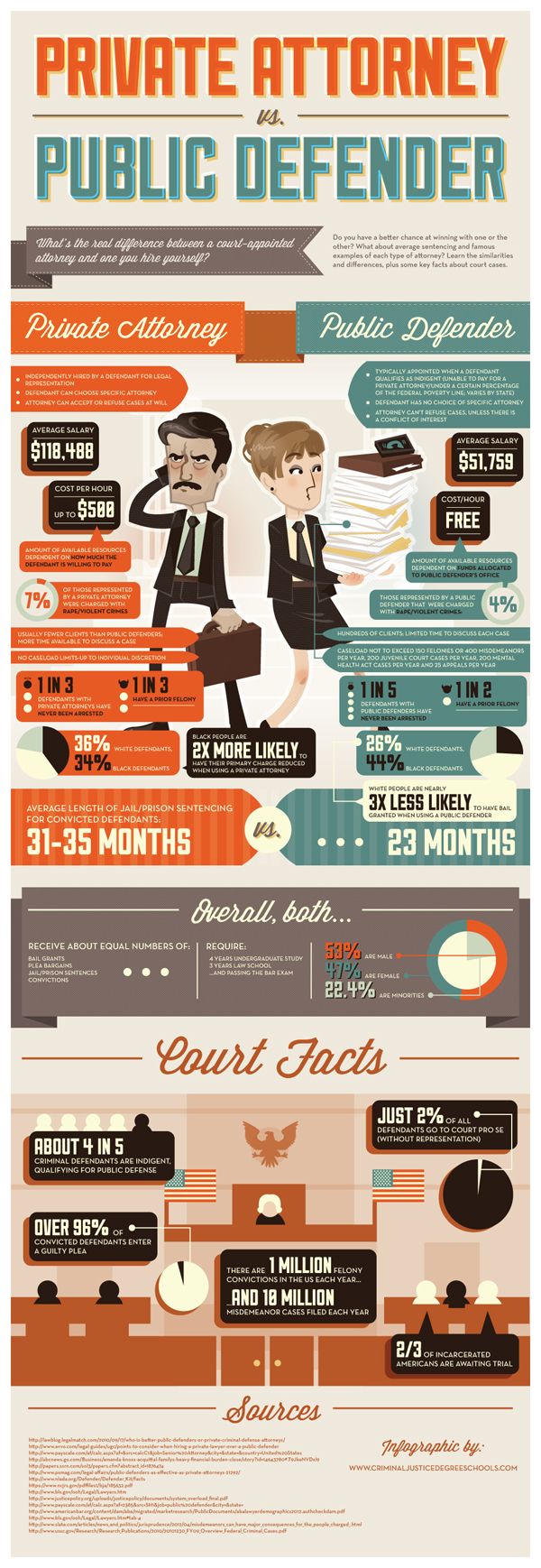Common Myths Regarding Criminal Defense: Debunking Misconceptions
Common Myths Regarding Criminal Defense: Debunking Misconceptions
Blog Article
Material Writer-Connell Dixon
You have actually possibly heard the misconception that if you're charged with a crime, you must be guilty, or that staying quiet means you're hiding something. These widespread beliefs not just distort public understanding yet can also influence the outcomes of lawful procedures. It's important to peel off back the layers of misunderstanding to understand the true nature of criminal defense and the civil liberties it safeguards. What if you understood that these misconceptions could be taking down the very foundations of justice? Join the conversation and discover just how debunking these myths is crucial for ensuring justness in our legal system.
Myth: All Defendants Are Guilty
Typically, people incorrectly believe that if somebody is charged with a criminal activity, they must be guilty. You might assume that the legal system is infallible, yet that's much from the truth. Costs can originate from misunderstandings, incorrect identities, or insufficient proof. It's essential to keep in mind that in the eyes of the legislation, you're innocent until proven guilty.
This assumption of virtue is the bedrock of the criminal justice system. It guarantees that the burden of proof lies with the prosecution, not you. They must establish past a reasonable question that you committed the criminal offense. This high common safeguards individuals from wrongful convictions, making certain that nobody is penalized based on assumptions or weak evidence.
Additionally, being charged doesn't imply the end of the roadway for you. You can protect on your own in court. This is where an experienced defense attorney enters into play. Minnesota drug crimes attorney can test the prosecution's instance, present counter-evidence, and advocate in your place.
The complexity of lawful proceedings usually requires professional navigating to safeguard your civil liberties and achieve a reasonable end result.
Myth: Silence Equals Admission
Numerous believe that if you select to remain quiet when implicated of a crime, you're basically admitting guilt. However, this couldn't be even more from the reality. Your right to stay quiet is secured under the Fifth Change to prevent self-incrimination. It's a lawful safeguard, not a sign of sense of guilt.
When you're silent, you're in fact working out a basic right. This prevents you from stating something that might unintentionally damage your protection. Bear in mind, in the warmth of the minute, it's easy to get overwhelmed or speak erroneously. Police can translate your words in means you really did not intend.
By staying quiet, you provide your lawyer the most effective chance to safeguard you efficiently, without the issue of misunderstood declarations.
Moreover, it's the prosecution's task to prove you're guilty beyond a sensible uncertainty. Your silence can't be utilized as proof of regret. In fact, jurors are instructed not to analyze silence as an admission of regret.
Misconception: Public Defenders Are Ineffective
The misconception that public protectors are ineffective lingers, yet it's critical to understand their essential function in the justice system. Numerous think that due to the fact that public protectors are frequently overwhelmed with instances, they can not offer high quality protection. Nonetheless, this ignores the depth of their commitment and proficiency.
Public defenders are fully certified lawyers that've selected to focus on criminal legislation. They're as qualified as private attorneys and usually much more experienced in trial work as a result of the quantity of instances they handle. You could assume they're much less motivated since they do not pick their customers, yet actually, they're deeply devoted to the ideals of justice and equal rights.
It's important to keep in mind that all attorneys, whether public or personal, face difficulties and restraints. Public protectors frequently deal with fewer sources and under even more pressure. Yet, visit link show resilience and imagination in their protection methods.
Their function isn't just a job; it's a mission to make certain that everyone, regardless of revenue, receives a fair test.
Final thought
You may assume if somebody's charged, they need to be guilty, yet that's not just how our system functions. Selecting to remain silent does not indicate you're admitting anything; it's just wise self-defense. And don't take too lightly public protectors; they're devoted professionals dedicated to justice. Bear in mind, everybody is entitled to a reasonable test and knowledgeable representation-- these are basic rights. Allow's drop these myths and see the lawful system for what it absolutely is: an area where justice is looked for, not just punishment dispensed.
